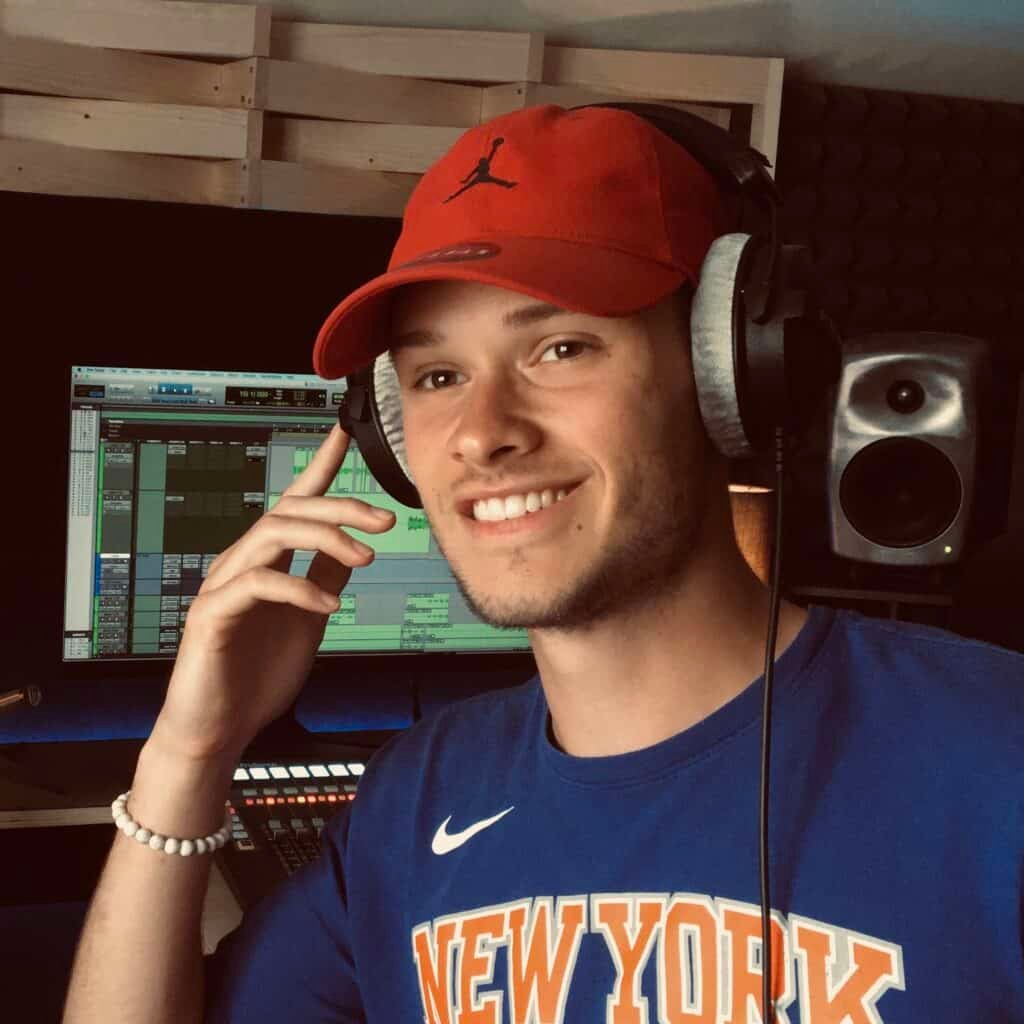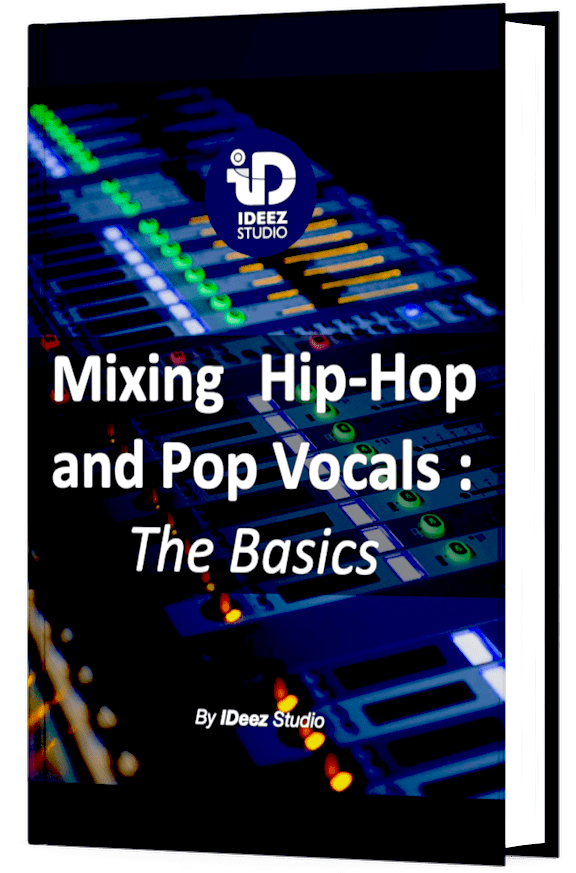What is the difference between Native and DSP plugins ? This is a question that many sound engineers, musicians, artists or producers ask themselves when they start using more and more plugins. I myself learned very late what the difference between the two was, and knowing this has made me understand a lot about plugins. The answer is actually very simple!

The difference between native and DSP (Digital Signal Processor) plugins lies in where the processing takes place. Native plugins will be handled by the host computer’s processor while DSP plugins will be processed by devices external to the computer.
Let’s take a closer look!
Native Plugins
Native processing, also called host-based processing, allows the plugins you use in your DAW to be completely processed by the computer’s processor. This means that you don’t need any external hardware tools to make them work.
As a reminder, audio plugins are digital tools that can be used either stand-alone or through a DAW. Their use requires real-time calculations that will have to be done by a processor.
In this case, as our processing happens in the computer, you will have a constant access to the plugins. What you need to make them work is your host computer… Hoping of course that it has enough resources to run all plugins. The more plugins you use, the more CPU (Central Processing Unit) you will consume.
✅ Benefit ✅
✅ As long as you have access to your computer. You have access to your plugins. When you want, where you want.
❌ Disadvantage ❌
❗ You can get stuck if you use too many plugins and/or your host processor is not powerful enough.
DSP Plugins
As you can see, DSP plugins will need external processing to work. But what exactly are these external processors?
In fact, they are often a hardware device of a very specific brand that will have to be plugged into the host computer in order to communicate with it.
These external devices will generally only support the plugins of the manufacturer’s brand. The best known are the UAD devices like the Satellite. They also include high-performance processors in their Apollo interfaces. Waves has also recently entered the game.
This type of processing will work exclusively with its associated hardware device. This can quickly become a problem if you want to use your plugins outside your studio, as you will have to bring the associated machine with you.
✅ Benefit ✅
✅ This DSP processing allows you to free up processing from your host computer and use it for other calculations. This is a big plus for performance.
❌ Disadvantage ❌
❗ The plugins will not work without their external DSP processing device. You should always have them with you.
Conclusion
The difference between native and DSP plugins is actually quite simple: where the processing takes place. If you’re new to the world of mixing, recording or music production, you probably won’t need DSP plugins anytime soon.
In fact, DSP processing becomes a must when it becomes necessary to alleviate the processing done by the host computer. In case of saturation, I would advise you to change your computer first rather than adding an external processor. Only after that, an external DSP can be considered. Keep in mind that this type of processing is often used in the world of professional audio, very little in the amateur world. But knowing the difference is in my opinion very important for the management of your computer resources.
If you have any questions about this topic or about audio mixing, don’t hesitate to contact me, I’m always happy to help!
My favorite tools for mixing pop and hip-hop music:
Plugins
In the field of auto-tune, I’m convinced that nothing’s better and more efficient than Antares Auto-Tune Pro. As for the EQ’s, FabFilter Pro-Q3 and Slate Digital Infinity EQ are, in my opinion, the best tools. For compression, I have 2 favorites plugins: Waves RComp and UAD EL8 Distressor.
As for reverb, I’m a big fan of the Soundtoys Little Plate, but generally, I go for the Valhalla VintageVerb for its versatility. I also love the Arturia Rev PLATE-140 and the UAD Pure Plate for its organic side.
Headphones
The closed headphones I love and will always love using for mixing pop and hip-hop music are the Beyerdynamic DT-770. As for the best open-back headphones, I use the Sennheiser HD600 headphones, and I’m really happy of them!
Monitors
Having a pair of Yamaha HS7 in its studio or home studio is always cool for more excitement while listening to your mixes. The Adam Audio T7V monitors are also super accurate. In my studio, I also have a pair of Genelec 8030 for their reliability.
Hardware gear
For anyone who wants to start using hardware in their mixes, I always recommend these 2 units from Klark Teknik: the EQP-KT and the 76-KT. Don’t forget to use good converters, such as the Apollo interfaces. This is essential for a good rendering.






